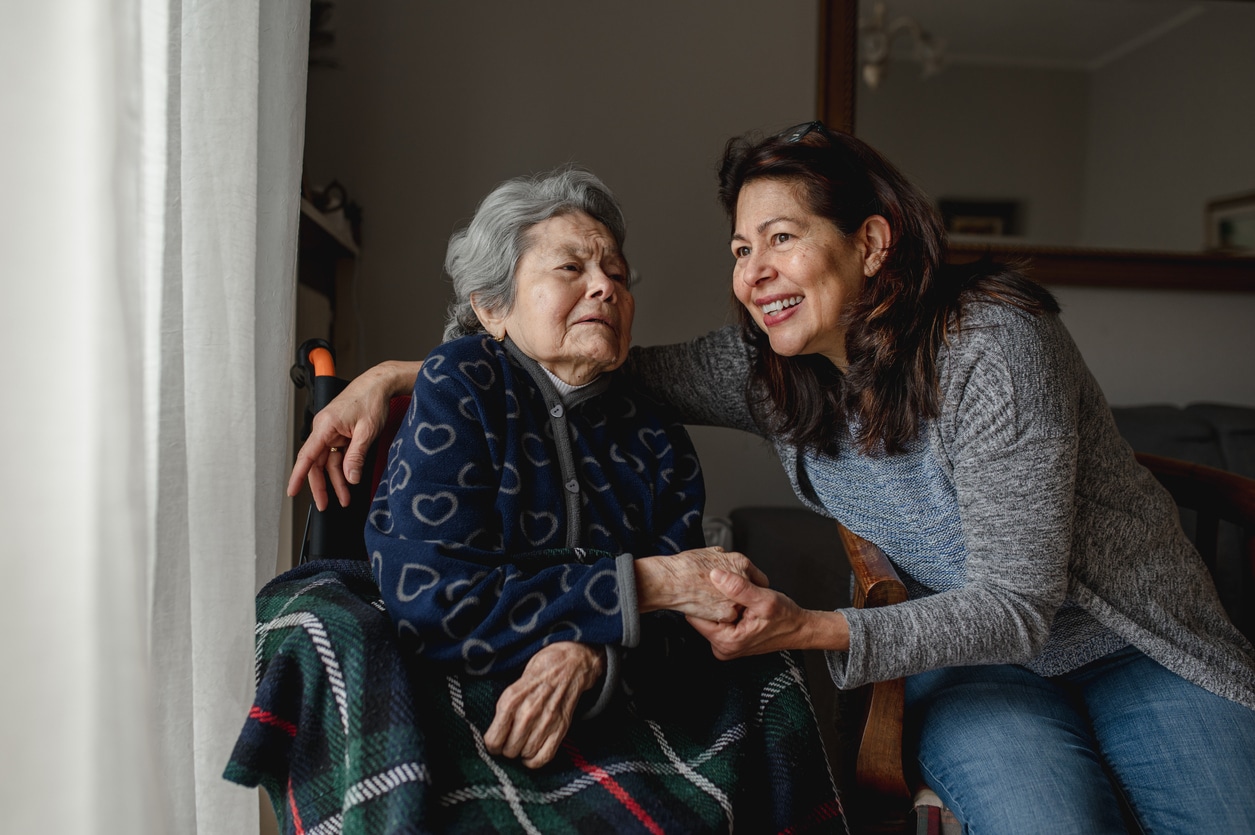As your parents age, they may require more assistance. This can be stressful for anyone — but if you live hundreds of miles away, the stress can seem overwhelming. Often, moving closer just isn’t an option, as family and work obligations may keep you tied down far from your ailing loved one. Though it may seem impossible, you can certainly achieve a balance among caring for your family, maintaining your career, and ensuring the health and safety of your parents.
Here are some tips to help you tackle the challenges of long-distance caregiving:
Manage Expectations
Whether you live across the street or across the country, caregiving is hard. It can cause anxiety, consume more time than you thought possible, and quickly demolish a budget. If you live far from your aging loved one, it may not be practical or financially feasible to visit him frequently. Your family and career at home may keep you from being there for him, which can cause undue feelings of guilt. This, paired with the usual stresses of caregiving, can be overwhelming for many adult children.
Accept that it is normal to feel guilty. Every caregiver wishes she could provide all the care necessary, and those guilty feelings are the result of you requiring more of yourself than you can give. Instead, accept that in order to ensure your loved one gets the best care possible, you will need outside help.
Take Action
There are a number of ways you can participate in long-distance caregiving from afar. If your loved one is still living at home, coordinate services to help around the house or with medical needs. You can also look into options for transportation and local groups that visit homebound seniors. By helping your parent or loved one find assistance, you can ensure that she is safe and mobile without having to be present daily.
When you do visit, introduce yourself to your loved one’s neighbors and friends. These are the people who serve as her companions, and they can keep an eye on her when you’re back at home. You’ll also want to get their contact information in case you cannot get in touch with your loved one.
Use Others’ Experiences to Your Advantage
Many tips for caregivers are universally applicable; others, though, are unique to long-distance caregiving. Among the many resources available for caregivers are the National Institute on Aging and the Mayo Clinic, both of which offer tips and guidance specifically for caregivers who live an hour or more away from their aging loved ones.
The Eldercare Locator is a great resource for long-distance caregivers who are just getting started. This site features a search engine that helps identify local community services specifically for seniors. By searching for agencies and services in your loved one’s neighborhood, you can locate help for him even when you’re in another state.
Long-distance caregiving is overwhelming. You may feel pulled in several directions at once, and struggle to know where you are needed most. By relying on these tips, you can open your loved one to a world of resources that enable him to feel mobile, independent, and safe — and help you maintain your peace of mind.




